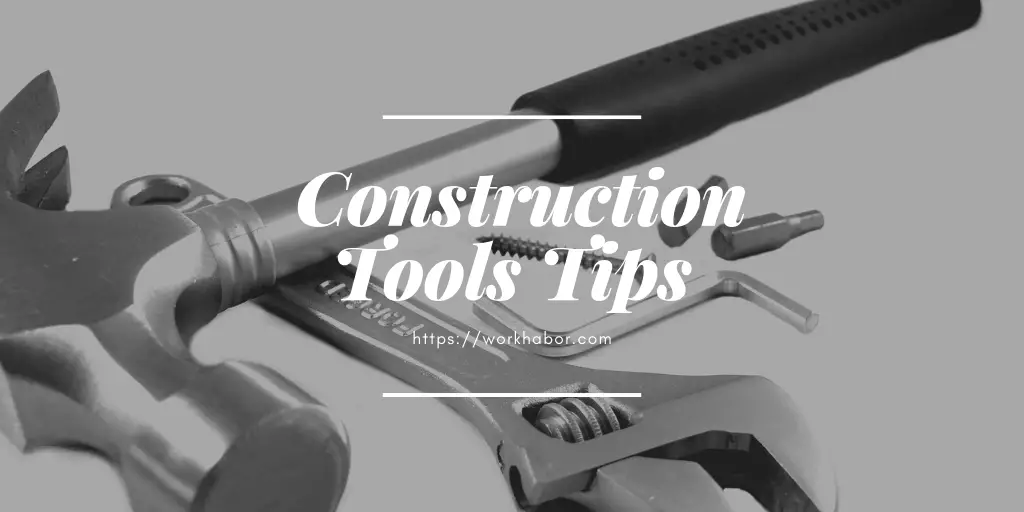How To Carry Your Work Tools
Last Updated on July 25, 2019 by Duncan
As a handyman, you need your work tools whenever you go. The cool thing is that there are many ways in which you can carry them. To help you out, here are some of the ways on how to carry your work tools:
Toolbox
This is the old way of doing it, and few people use toolbox nowadays. This is because the toolbox is cumbersome and doesn’t have many compartments where you can store your tools. The unit also makes it difficult for you to organize your tools.
Toolbag
Tool bags are preferred by many handymen as they are light and easy to carry around. They are also soft, flexible, and small thus they can fit even constricted spaces. The bags are often made of leather, but there are others made from nylon, burlap and other materials.
In addition to the benefits mentioned above, the tool bags come with other benefits that include:
- Feature center sections that provide you with ample space to carry larger tools
- Have side pockets and pouches for small tools, screws, nails, and other items
- Give you a professional look like a contractor
- You can use them to store special tools such as drill and ratchet tool
- Some come attached to belts that makes the bags very convenient to carry when working
When buying the tool bags, you should go for those that are made from high-quality materials such as leather. You need to take good care of the bag for it to last for a long time. This calls for you to avoid exposing it to moisture. You also should clean it regularly.
Pouches
The unique thing about bags is that they are made to cater for the needs of a specific contractor. For example, there are plumber pouches, electrician pouches, and so on. While this is the case, there are a few that are designed for do-it-yourselfers.
There are two main types of pouches in the market: anchored and movable. You wear the anchored bags in the front such as on the apron and some belts, and the movable pouches on your back or on your side.
For ideal results, you should use moveable pouches in conjunction with tool belts. Just like tool bags, they come in different sizes and have a wide range of pockets to store your work tools.
You use the small pockets to store nails and small work tools, while the large pockets are ideal for carrying large tools and drills. There are some that feature a single pocket. These usually clip onto belts and are ideal for carrying small tools and nails.
Just like when buying tool bags, you should go for pouches made from high-quality materials. You also should ensure that the pouches have the features that you need for your work. For example, if you are a carpenter, you should go for pouches that have hammer loops and other handy features.
Tool belts
Also known as storage belts or utility belts, these units provide you with a lot of room to store your work tools. The belts come in different shapes and forms. They range from simple units with a few pockets to complex units with several pouches, hammer loops, small tool pockets, sleeves to hold flashlights, crowbars, and other devices.
There are a few modular tool belts that allow you to easily rearrange and customize your belts depending on the outfit that you are wearing or mood of the day.
They are made from a wide range of materials such as nylon, cloth, leather, and canvas. The belts are usually fastened using notches, but there are a few that are fastened using clips.
Many handymen love them as they are very comfortable due to the padding. Comfort allows the handymen to work long hours without getting fatigued.
When you are using tool belts, you should be keen that you don’t leave tools in them after work. This is because the belts stretch over time putting them at the risk of cracking or wearing out quickly.
Conclusion
These are some of the ways in which you can carry your work tools. Regardless of the method that you choose, ensure that you take good care of the storage devices. You should avoid carrying more tools than the devices can carry.
You also should regularly clean the units. This not only leaves them looking good, but it also eliminates bacteria and other pathogens that would damage them.


